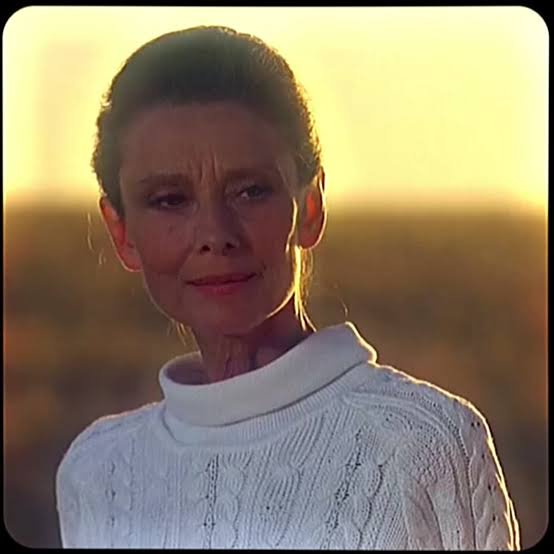
Audrey Hepburn, the iconic actress known for her timeless beauty and elegance, is equally remembered for her humanitarian work, which was deeply rooted in her own childhood experiences. Hepburn’s early life was marked by profound hardship, but she transformed this adversity into a driving force for her compassionate endeavors.
Born on May 4, 1929, in Brussels, Belgium, Hepburn spent her formative years in the shadow of World War II. Her family moved to the Netherlands hoping for safety, but the country soon fell under Nazi occupation. Hepburn’s experiences during the war, including severe malnutrition and witnessing the horrors of conflict, left an indelible mark on her. She later spoke of the profound hunger she endured, recalling eating tulip bulbs to survive. This period of deprivation and fear instilled in her a deep empathy for the suffering of others.
After the war, Hepburn pursued a career in ballet, which eventually led her to acting. Her breakout role in “Roman Holiday” (1953) catapulted her to stardom, and she became one of Hollywood’s most beloved stars, with memorable performances in films such as “Breakfast at Tiffany’s,” “My Fair Lady,” and “Sabrina.” Despite her success, Hepburn never forgot the plight of those less fortunate.
In the 1980s, at the height of her career, Hepburn turned her focus towards humanitarian efforts. In 1988, she was appointed a Goodwill Ambassador for UNICEF, the United Nations agency dedicated to improving the lives of children worldwide. Her work with UNICEF was more than a celebrity endorsement; it was a deeply personal mission. Hepburn’s childhood experiences gave her a unique perspective and a genuine commitment to helping children in need. She once said, “I can testify to what UNICEF means to children because I was among those who received food and medical relief right after World War II.”
Hepburn’s dedication took her to some of the most impoverished and war-torn regions of the world. She traveled to Ethiopia during the famine, to Bangladesh to aid the victims of floods, and to Vietnam to support initiatives for children’s health and education. Her visits were not mere photo opportunities; she engaged with the communities, listened to their stories, and advocated for their needs on the global stage.
Her work with UNICEF was not just about providing immediate relief but also about addressing long-term issues such as access to clean water, education, and healthcare. Hepburn believed that by improving the lives of children, the entire future of societies could be transformed. She used her fame to draw attention to these critical issues, often speaking at international conferences and meeting with world leaders to advocate for greater support for UNICEF’s programs.
Audrey Hepburn’s humanitarian legacy is a testament to her resilience and compassion. Her childhood pain and suffering were not just scars from the past but became the foundation of her life’s true purpose. Through her work, she brought hope and assistance to countless children, making a lasting impact that continues to inspire. Hepburn once said, “As you grow older, you will discover that you have two hands, one for helping yourself, the other for helping others.” This philosophy guided her life and work, making her not only a beloved actress but also a revered humanitarian. Her ability to transform personal tragedy into a source of strength and purpose made her very proud, and her legacy endures as a beacon of hope and kindness.


